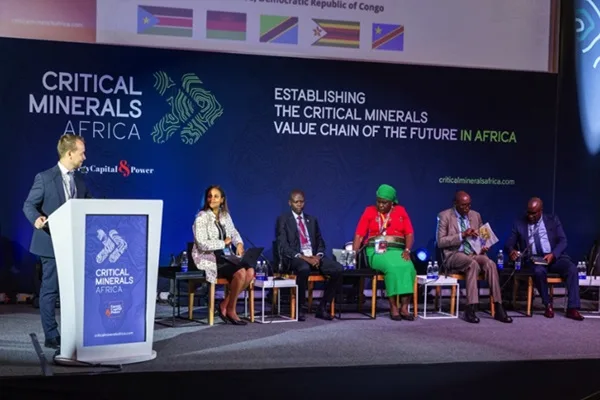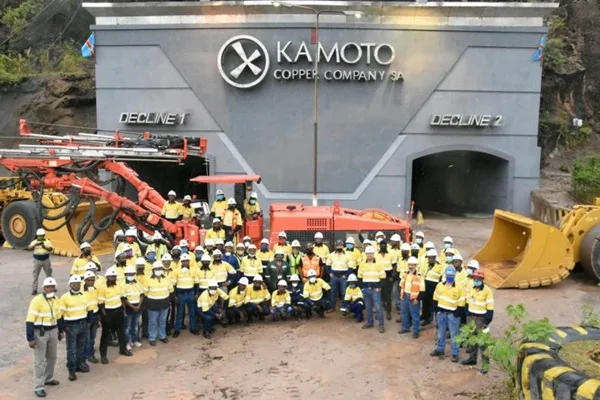Africa Advocates Innovative Partnerships to Extract More Wealth from Mining
From 6 to 7 November 2024, the Critical Minerals Africa Summit (#CMAS2024) took place at the Cape Town International Convention Center (CTICC) in South Africa. African Ministers of mines, mining companies, chamber of mines and other stakeholders gathered in order to map out the future of the mining industry in Africa.
Malawi Minister of Mining Monica Chang’anamuno, Eswatini Minister of Natural Resources Prince Lonkhokhela, and the Tanzania State Mining Corporation MD Venance Mwasse took part in a discussion panel hosted by S&P Global Commodity VP Atul Arya. The dialogue centered around meshing national policies with international partnerships to bolster the mining sector in Africa.
Among the mining companies in attendance, the presence of Glencore (LSE: GLEN), Kamoto Copper, KoBold Metals, Orion Minerals, Isondo Precious Metals, and Tronic Metals is worth highlighting. The African Mining Private Sector was represented by delegations from Chambers of Mines or Mining Associations of South Africa, Zimbabwe, Zambia, Tanzania and so on.

All the participants are on the same page regarding the importance of certain #CriticalMinerals for a successful #EnergyTransition. Africa holds approximately one-third of the global mineral resources which are crucial for #GreenTransition, electronic industry and defense equipment.
For instance, DR Congo alone accounts for 70% of the global cobalt production. The #Copperbelt Region in DR Congo and Zambia outputs 10% of global copper, placing the Copperbelt Region as the world’s 3rd largest copper producer behind Chile (27%) and Peru (12%).
Minerals represent nearly 70% of the total export value of Africa and 30% of the continent’s #GDP. In the case of China, raw minerals, ore concentrates, precious stones, and crude oil make up nearly 90% of imports from Africa.
Most of the time, Africa still wallows at the bottom of the mining Global Value Chain (#GVC) by only exporting raw materials, or ore concentrates at best.
However, several countries have started to envision a roadmap which will allow their economies to retain more value locally. Several countries have thus amended their Mining Code to constrain the export of unprocessed minerals in a bid to promote Local Value Addition (#LVA) and #LocalContent.

At various fora, African nations have expressed the aspiration to move up the global value chain. As a matter of fact, the Auto City in South Africa is positioning itself for the transition towards Electric Vehicles (#EV) by leveraging the automotive Regional Value Chain (#RVC) for the emerging #GreenMobility trend.
The green trend is also permeating into sustainable mining practices where the ecological impact is being given greater consideration. In an attempt to improve productivity and safety, the application of innovative technologies such as #IoT and #5G have started to penetrate the mining sector. Additionally, #AI is increasingly being applied to exploration with greater success.
Another issue raised is the cost of financing which is quite high compared to other sectors or regions. Therefore, African states have called for a rethink of the risk assessment model and ‘innovative financing models’ in order to be able to reap the economic benefits from their mineral reserves.

